
|
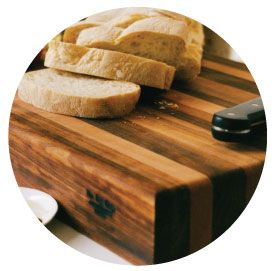 |
Anything wood:
Anything from wooden chopping boards to wooden spoons and wooden-handled scrapers should go straight to the sink. Dishwashers get hot – so hot that the wood can warp and lose its finish. This causes boards to swell and contract, leaving them teetering and unsteady on the counter. The dry cycle may also cause the wood to crack, creating a breeding ground for bacteria. Try a bit of baking soda if you want to scrub away skid marks. |
Vintage plates:
Whether gifted from your grandmamma or thrifted from your local Vinnies, be wary of exposing antique porcelain to hot water and detergents, which can eat away at any gold plating and hand-painted detailing. |
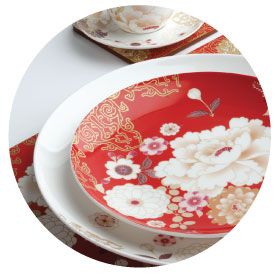 |
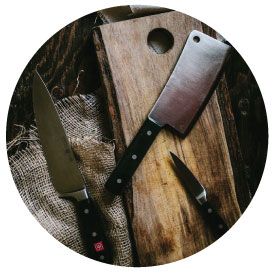 |
Kitchen knives:
Chefs never put their expensive knives in the dishwasher: Fact! Dishwasher detergent, which contains highly alkaline compounds, can be very abrasive on their sharp edges and the banging around in the wash cycle can blunt them even more. |
Garlic press:
Anyone who’s used a garlic press knows that it’s tricky to clean. Those hard-to-clean crevices should be tended to by hand, lest you want that yucky, greyish residue caused by particles of food being trapped inside, even after a wash cycle. |
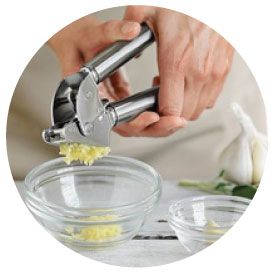 |
|
Baking mats:
These floppy, thin, reusable plastic mats actually break down over time if you expose them to repeated dishwashing.
Anything insulated:
Don’t ruin your thermos by putting it in the dishwasher. The double-walled design may be breached by the machine’s heat, causing cracks through which water and food can seep in. Gross! Having gaps in the seal also hinders its ability to retain heat, rendering it useless.
|
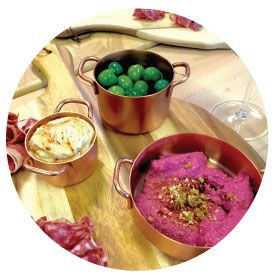 |
Copper pots and pans:
If you own anything made of copper, make sure you handwash it. Harsh dishwasher detergent can change its gorgeous colour. |
Cast-iron skillets:
Not only will the dishwasher cause your cast-iron skillet to rust, it will also wash away its seasoning – the protective, non-stick layer of baked-in oil and lard. Rinse it with hot water, using a soft sponge to lift any stuck-on food. Then dry with a towel immediately to keep it well seasoned and rust-free. |
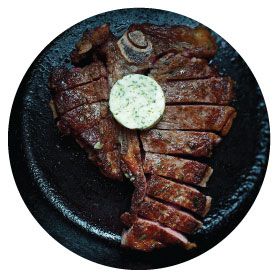 |
Some plastics:
Certain plastic may melt from the cycle’s heat and/or leach toxic nasties like BPA, so only put it in the dishwasher if it says its safe to do so on the container. Those takeaway containers and yoghurt tubs you like to use as Tupperware to store your leftovers in? Yeah, probably best to keep them out. Any dishwasher-safe plastics should be placed on the top rack, where they’re furthest from the heating element. |
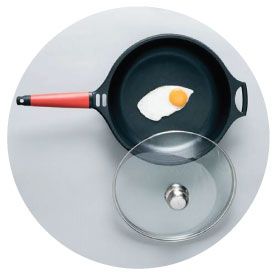 |
Non-stick pots and pans:
Many non-stick pots and pans claim to be dishwasher safe, but the hot water and harsh detergents aren’t good for the non-stick coating. Wash by hand if you want them to last longer. |